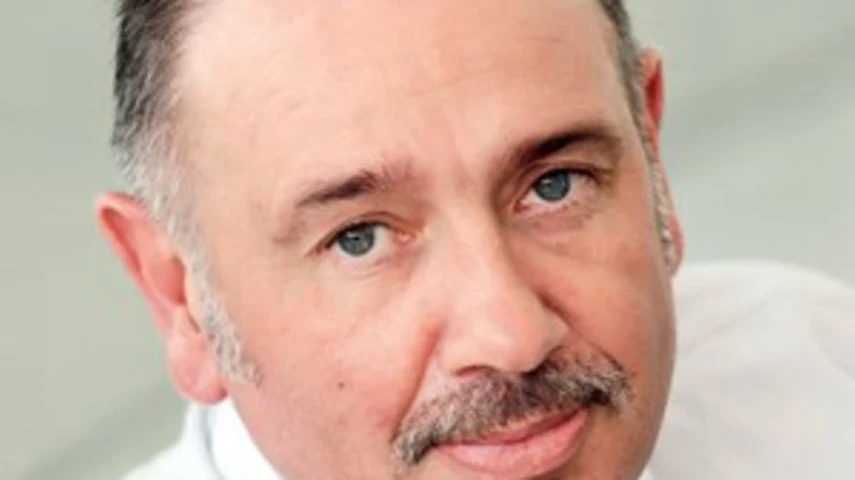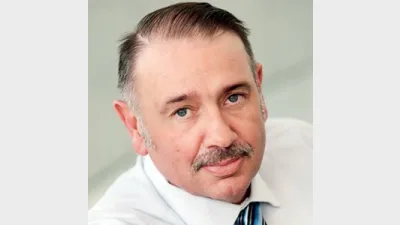Time to stop the superannuation gravy train



At first blush the Federal Government’s proposal for the establishment of a Council of Superannuation Custodians capable of guiding and advising on underlying policy seems like a great idea.
That is until you consider the way in which the Government developed the stakeholder panels with respect to its Future of Financial Advice (FOFA) and Stronger Super changes.
Somehow groupings aligned to the not-for-profit sector gained the greatest number of seats, notwithstanding that some of those organisations have, essentially, the same origins.
That is why the formation of such a group should be separated as far as possible from the Budget process and what has now become the longest-running election campaign in Australia’s history.
In fact, there is a good argument that the formation of any such group should not precede the 14 September Federal election. Thereafter, those who are appointed should have the bipartisan support of the Parliament.
The group, if it is to be established, should not be allowed to become a sweet retirement post for “industry luminaries”.
Rather, it should be made up of those in the industry with the skills, experience and objectivity necessary to deliver policy guidelines capable of securing bipartisan support in the Parliament.
This, by definition, would preclude a good many well-known names and faces in the superannuation industry.
Quite possibly, it might be necessary to exclude anyone who has held political or union office or those who are seen to have vested commercial or sectorial interests.
The problem for this Government in seeking to put in place a Council of Superannuation Custodians is that it does not come to the issue with clean hands.
The linkages between the trade union movement and industry superannuation funds, combined with the formation and undue influence of the Industry Super Network, are issues which cannot be ignored.
There is a difference between industry lobbying and the politicisation of particular industry groupings, and sadly for the superannuation industry it has within it a grouping which has arguably crossed the line between lobbying and politics.
Nor would it be appropriate for the regulators to have a seat on such a council. Indeed, to facilitate such involvement would be to further cloud the purpose of the regulators as a necessarily independent functional arm of the Australian Public Service.
Again, sadly, there is too much evidence that the Australian Prudential Regulation Authority’s interpretation of the sole purpose test reflected its officers’ interpretation of political fashion rather than regulatory objectivity.
Those industry participants who think that the establishment of a Council of Superannuation Custodians will represent a sinecure or a mates’ club should be made to think again. If the Government wants superannuation to be sustainable it needs to prevent it remaining a gravy train.
Recommended for you
In this episode of Relative Return Insider, host Keith Ford and AMP deputy chief economist Diana Mousina break down the spike in inflation numbers and what it means for the possibility of a rate cut as we move into the new year.
In this episode of Relative Return Insider, host Keith Ford and AMP economist My Bui explore Prime Minister Anthony Albanese’s trip to the US and the critical minerals deal stemming from his meeting with President Donald Trump.
In this episode of Relative Return Insider, host Keith Ford and AMP chief economist Shane Oliver unpack the latest unemployment numbers and what they mean for a rate cut, as well as how the latest flare-up in the ongoing US–China trade dispute has highlighted the remaining disparity between gold and bitcoin.
In this episode of Relative Return Insider, host Keith Ford and AMP chief economist Shane Oliver take a look at the unfolding impacts and potential economic ramifications of the US government shutdown and the surge in gold and bitcoin prices.







